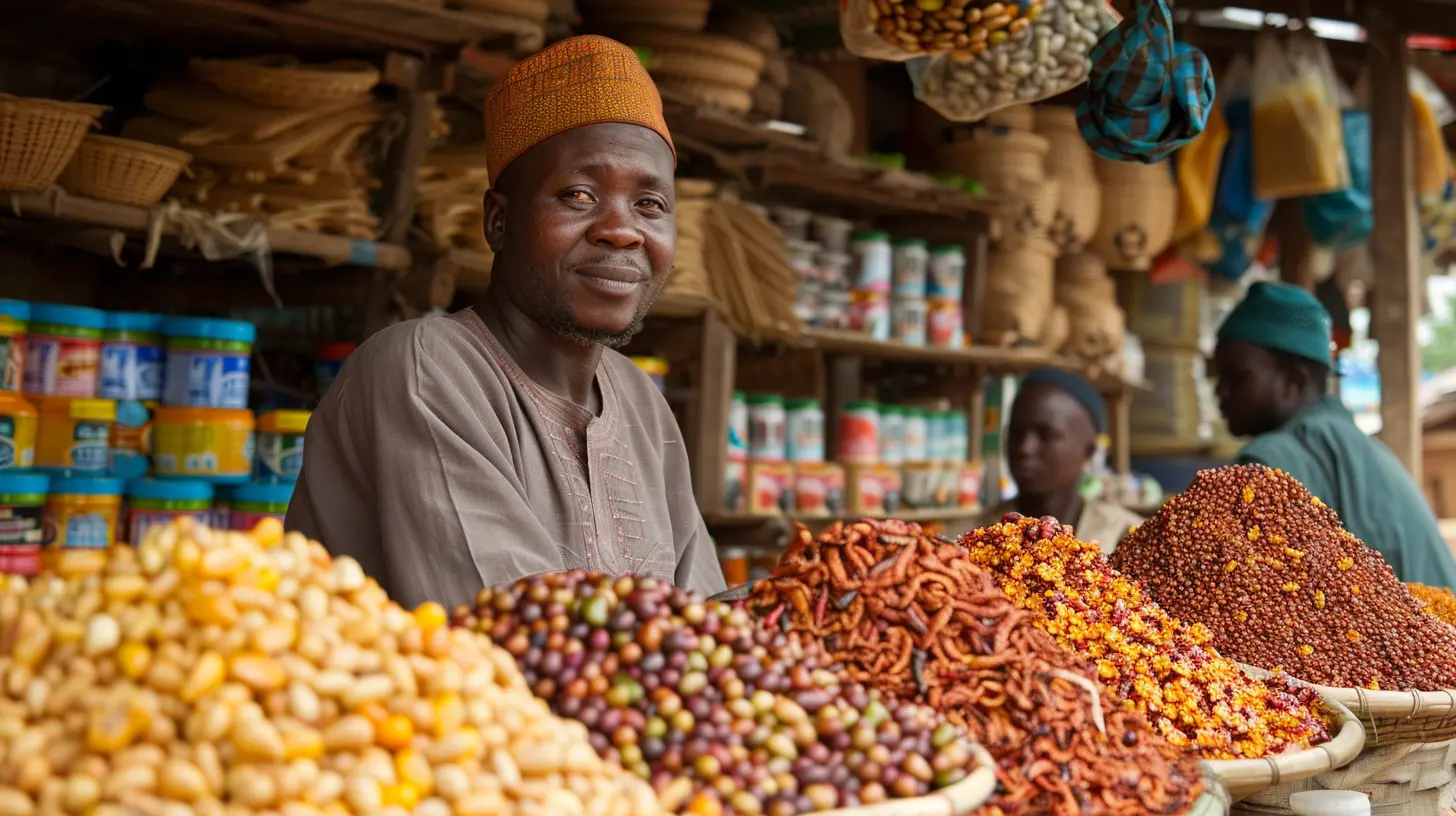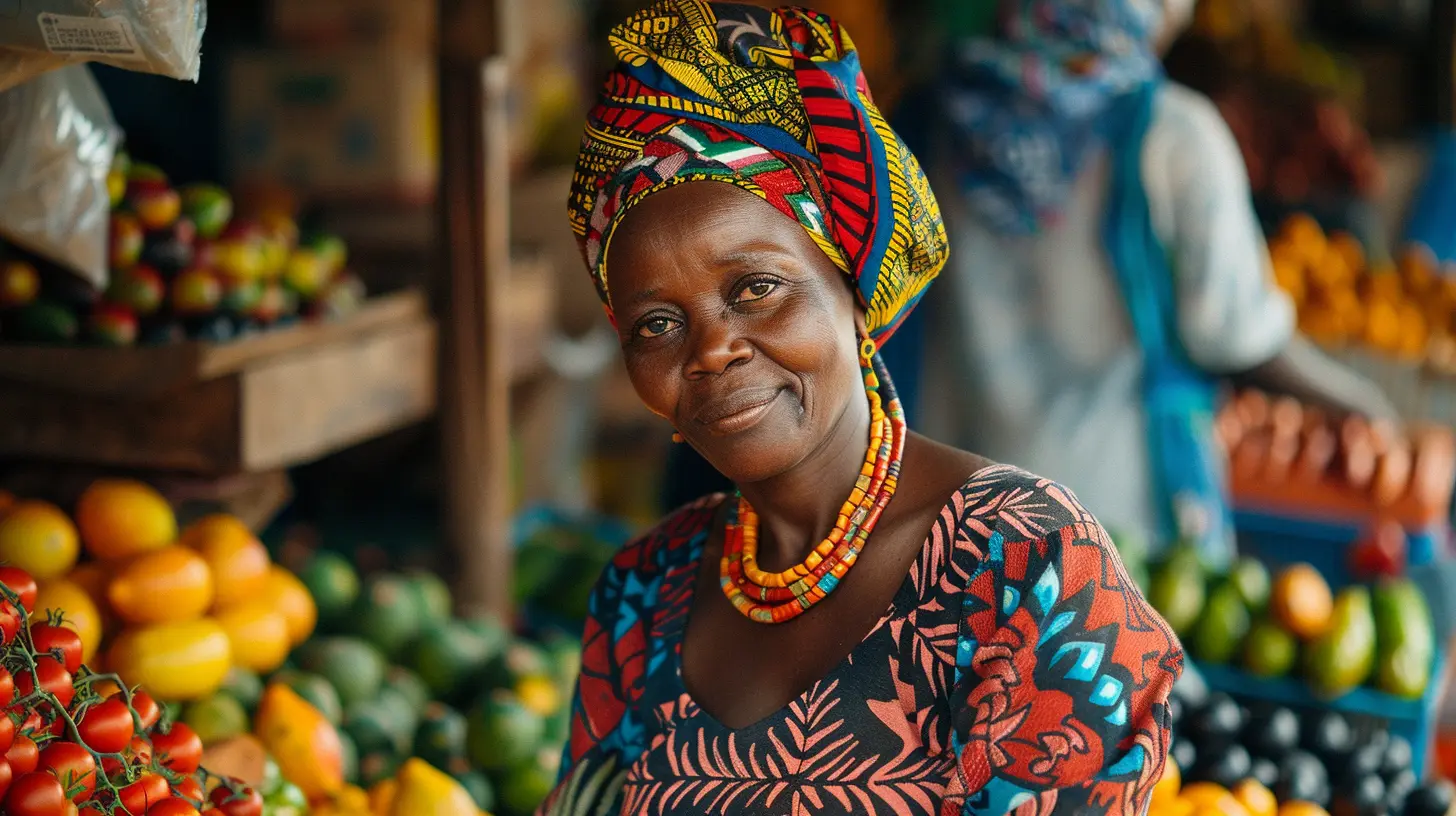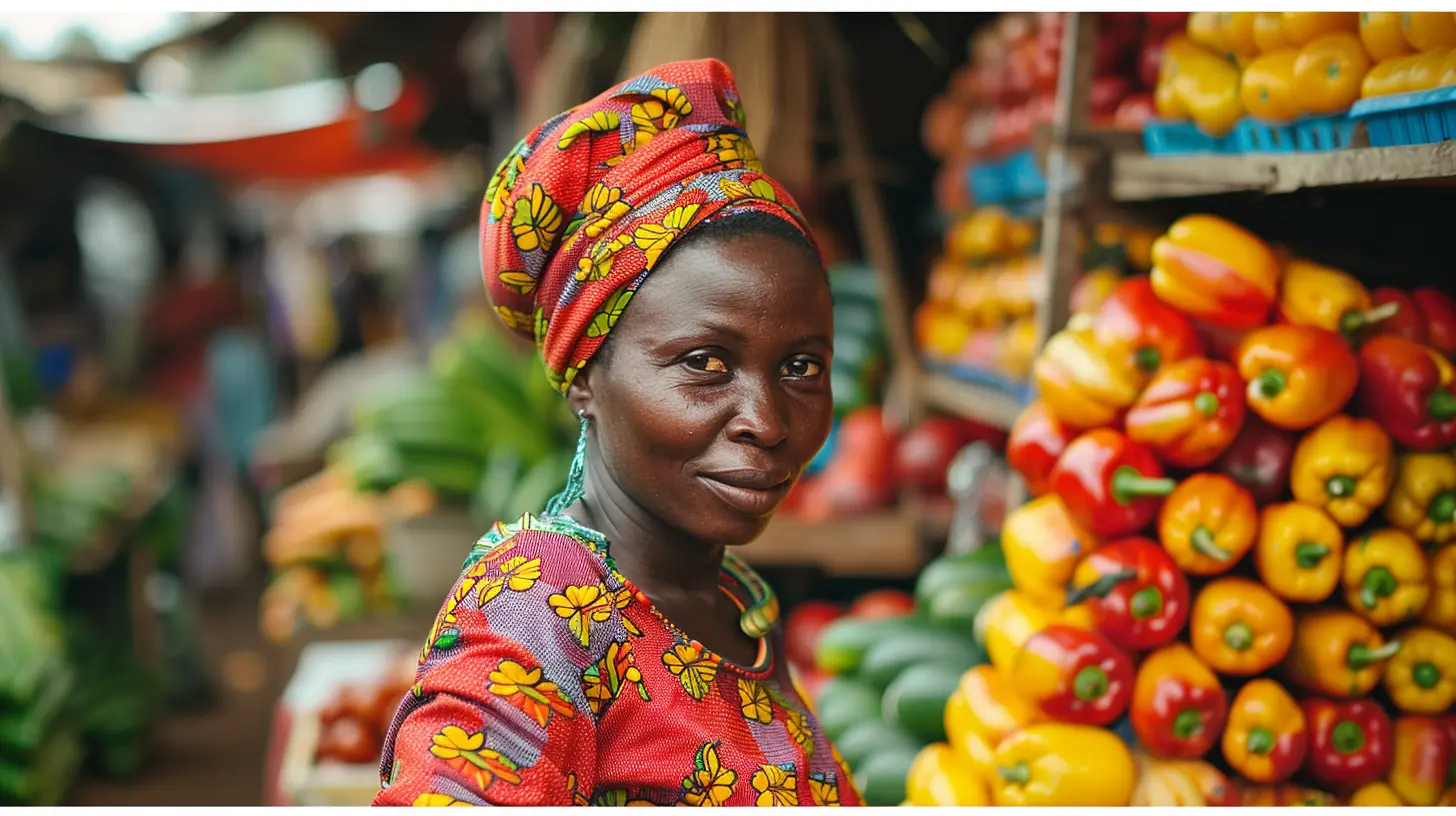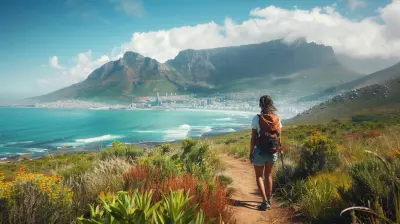A Journey Through Africa’s Vibrant Markets and Souks
2 June 2025
Africa is a continent bursting with life, diversity, and cultural richness. One of the best ways to experience its essence is by stepping into its bustling markets and traditional souks. These vibrant hubs of trade are more than just places to shop—they are where history, culture, and daily life collide in a mesmerizing spectacle of sights, sounds, and scents. So, if you’re ready to embark on a sensory adventure, let’s take a journey through some of the most captivating markets and souks across Africa. 
The Magic of African Markets and Souks
Markets in Africa are not just about commerce; they are a way of life. Whether it's the chaotic charm of West African markets, the aromatic souks of North Africa, or the artisan stalls scattered across the continent, each one offers a glimpse into the soul of its people.Imagine walking through a maze of stalls stacked with colorful fabrics, the rich aroma of spices filling the air, and the distant sound of street musicians playing traditional tunes. It’s an experience that stays with you long after you’ve left.
But what makes these markets so special? Let’s dive deeper! 
North Africa: The Land of Enchanting Souks
North Africa is home to some of the most famous souks in the world. These traditional marketplaces are deeply rooted in history, with many dating back centuries.1. Marrakech’s Jemaa el-Fnaa (Morocco)
If there’s one market that embodies the magic of Morocco, it’s Jemaa el-Fnaa in Marrakech. This UNESCO-listed marketplace is a whirlwind of activity—snake charmers, storytellers, food vendors, and artisans all vying for attention.- The souks here are packed with handcrafted leather goods, intricate lanterns, Berber rugs, and exquisite jewelry.
- The air is filled with the fragrance of spices like saffron, cumin, and cinnamon.
- As the sun sets, the square transforms into a lively food market offering traditional dishes like tagine and grilled meats.
2. Khan el-Khalili (Egypt)
In the heart of Cairo, Khan el-Khalili is a souk that transports you straight into the past. Walking through its narrow alleyways feels like stepping into an old Arabian tale.- Known for its handcrafted silverware, pottery, and perfumes, this souk has been a trading hub since the 14th century.
- The historic cafes here serve authentic Egyptian coffee and shisha, giving you a chance to soak in the atmosphere.
- Don’t forget to haggle—it’s not just expected, it’s encouraged!
3. Tunis Medina (Tunisia)
The Medina of Tunis is a UNESCO World Heritage site and a shopper’s paradise. Its labyrinth of covered alleyways houses vendors selling everything from handwoven carpets to fragrant jasmine oils.- The market is a fusion of Arab, Ottoman, and French influences.
- Keep an eye out for intricately designed ceramics and colorful mosaic tiles, which make for great souvenirs.
- Hidden within the medina, you’ll find ancient mosques and traditional tea houses perfect for a break. 
West Africa: Chaos, Color, and Culture
West African markets are loud, chaotic, and utterly thrilling. Here, life moves at a fast pace, and bargaining is an art form.4. Kejetia Market (Ghana)
Located in Kumasi, Kejetia Market is one of the largest open-air markets in Africa. It's a maze of over 11,000 stalls, selling everything from textiles to traditional herbal medicines.- Expect to see women carrying baskets on their heads while negotiating deals at breakneck speed.
- The market is famous for its colorful Kente cloth, a Ghanaian textile worn for special occasions.
- Visiting Kejetia is a true test of endurance—it’s hot, crowded, and overwhelming, but absolutely worth it!
5. Onitsha Market (Nigeria)
The sheer scale of Onitsha Market in Nigeria will leave you in awe. It is one of the largest markets in Africa, attracting traders from across the continent.- Here, you’ll find affordable electronics, textiles, and fresh agricultural produce.
- Street food vendors serve delicious local snacks like suya (spicy grilled meat) and puff-puff (fried dough balls).
- This market is not for the faint-hearted—it’s a non-stop hive of activity that will test your bargaining skills. 
East Africa: A Blend of Tradition and Coastal Charm
East Africa’s markets reflect the region’s diverse cultures, from indigenous tribes to Arab and Indian influences.6. Maasai Market (Kenya)
Visiting the Maasai Market in Nairobi is an opportunity to buy authentic African art straight from the makers.- You’ll find beaded jewelry, hand-carved wooden sculptures, and traditional Maasai shukas (blankets).
- The market is nomadic—it moves around the city, with specific locations on different days of the week.
- Bargaining is essential—vendors expect you to negotiate!
7. Zanzibar’s Darajani Market (Tanzania)
If you love food markets, Darajani Market in Zanzibar is a must-visit.- The market is famous for its fresh seafood, exotic fruits, and fragrant spices like cloves and nutmeg.
- The spice section is a sensory delight—you can literally smell the history of Zanzibar’s spice trade.
- It’s a great place to buy authentic Zanzibar coffee and locally made soaps infused with spices.
Southern Africa: Markets with a Modern Twist
Southern Africa’s markets mix traditional crafts with contemporary African creativity.8. Greenmarket Square (South Africa)
Nestled in the heart of Cape Town, Greenmarket Square is one of South Africa’s oldest markets.- The stalls here are filled with hand-painted fabrics, beadwork, and handmade leather goods.
- Many of the vendors are migrants from other parts of Africa, bringing diverse cultural influences into the market.
- It’s a great place to pick up African paintings and souvenirs with a modern twist.
9. Maputo Fish Market (Mozambique)
If you love seafood, the Maputo Fish Market is a paradise.- You can buy freshly caught seafood like prawns, lobsters, and calamari directly from local fishermen.
- Some stalls will even cook your purchase on the spot, turning it into a delicious meal.
- The lively setting, with fishermen shouting prices and haggling customers, makes this market an experience in itself.
Tips for Navigating African Markets Like a Pro
1. Haggle, but be respectful – Bargaining is a fun part of the experience, but do it with a smile!2. Carry cash – Many markets don’t accept cards, so small bills are your best friend.
3. Be mindful of pickpockets – Keep your belongings secure in crowded areas.
4. Dress appropriately – In conservative regions, opt for modest clothing.
5. Engage with the vendors – They often have fascinating stories behind their products.
Final Thoughts
Africa’s markets and souks are more than shopping destinations; they’re cultural crossroads where history, tradition, and daily life meet. Whether you’re looking for exotic spices, handcrafted artifacts, or simply an unforgettable experience, these marketplaces will leave an imprint on your heart.So, the next time you travel to Africa, don’t just stick to tourist attractions—immerse yourself in the vibrant chaos of its markets. You won’t regret it!
all images in this post were generated using AI tools
Category:
Africa TravelAuthor:

Ian Powell
Discussion
rate this article
3 comments
Drift Shaffer
In the heart of Africa’s vibrant markets, colors dance and aromas weave a tapestry of life. Each stall whispers stories of culture and craft, inviting you to lose yourself in a symphony of sights and sounds. Embrace the rhythm of trade and the warmth of its people—a journey that ignites the soul.
June 21, 2025 at 4:17 AM

Ian Powell
Thank you for capturing the essence of Africa's markets so beautifully! Your words reflect the rich tapestry of culture and community that makes these places truly enchanting.
Calaris Porter
Embark on a sensory adventure through Africa's vibrant markets and souks, where every stall tells a story and cultures collide in a kaleidoscope of color and flavor. Discover the heart of the continent—an experience that awakens the soul and ignites the spirit of wanderlust!
June 9, 2025 at 2:22 AM

Ian Powell
Thank you! I'm thrilled to share the magic of Africa's markets—each visit truly is an unforgettable sensory journey!
Joy Williams
Exploring Africa's markets is a sensory overload of colors, sounds, and unique treasures!
June 8, 2025 at 4:16 AM

Ian Powell
Thank you! Africa's markets truly offer an unforgettable experience filled with rich culture and vibrant energy.



